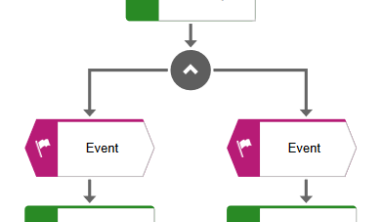What if I told you there is one question that just by asking it and listening to the answer would make you become a better negotiator?
Learn more: Solving problem tip: Conflict resolution from the point of view of interests and positions
New and inexperienced negotiators assume that the most important question in a negotiation is: What’s in it for me. That’s a mistake. There is no question that your interests in a negotiation are important. However, in this post I am going to challenge that assumption. While you may be negotiating to fulfill your interests, during the negotiation you need to make an effort to understand the interests that are behind the other party’s positions.
Difference Between Positions and Interests.
First, in order to become a better negotiator you need to understand the difference between a position in negotiation and the interests that underlie it. A position is what you say you want from a negotiation. The simplest example of this is an employer who seeks to negotiate lower wages for its workers. Their position is that they seek lower wages, but what interests are behind their drive for lower wages? The drive for lower wages can be fuelled by an employer wanting more profit for shareholders, needing more money to expand, needing to cut cost to maintain viability.

Why does it matter?
Negotiations are about interests. These interests are often communicated by the positions that each side takes. In the example above the approach to an employer who wants more money for shareholders should be different from the employer who needs to remain viable. The interests of the other party can be satisfied in multiple ways. Understanding interests opens the doors to creative solutions.

Why Questions That Can Help Negotiations
- Why is that important to you? What values underlie this position
- Why now? What has changed to make this a priority?
If you have answers to these questions, formulate a solution that takes these interests and yours into account. If the other party says no ask why not.

What if they won’t answer why? The Power of Why Not
While the person you are negotiating with may not want to reveal why they want something they will rarely have trouble telling you why your proposal doesn’t meet their needs. By formulating a series of positions that are rejected and listening for why your other party rejects them you can uncover underlying interests and formulate a better, mutually beneficial solution.
Want More Information On How to Negotiate?
This post is about a small part of interest based bargaining. If you’re interested in learning more. Ury and Fisher of the Harvard Project on Negotiation wrote the essential book on the matter: Getting to Yes: Negotiating Agreement Without Giving In
Getting to Yes is a must read.
Be Part of The Conversation
What is your experience with asking why during negotiations? Do you think other parties will try and hide their interests? Got a suggestion for another article? Let me know in the comments!
Source: wakelymediation







